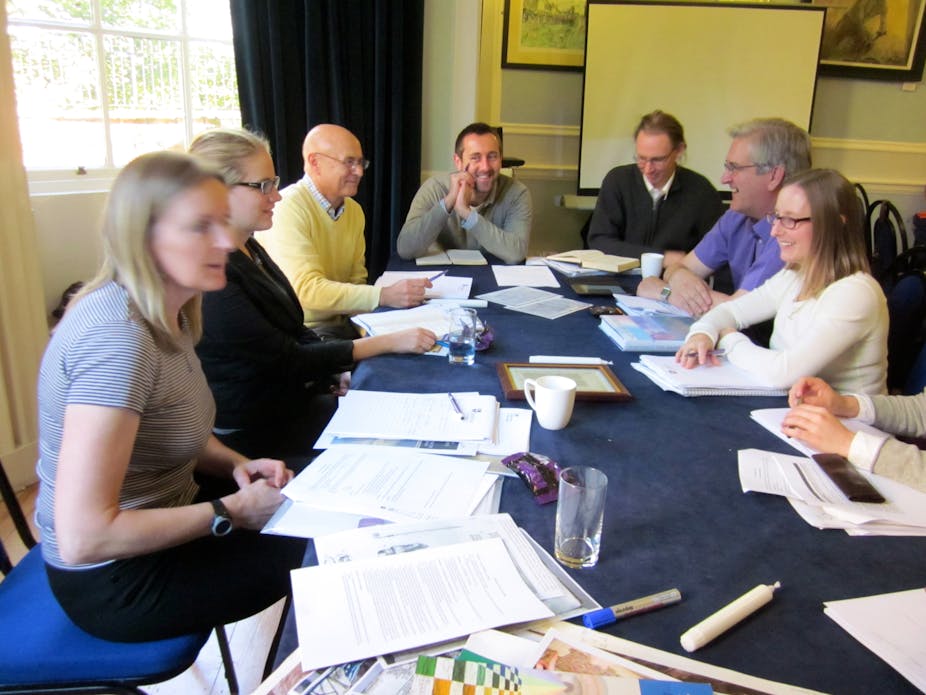- ANU Library
- LibGuides
- new production templates
- Transdisciplinary Problem Solving
- Blogs, popular articles, toolkits etc
 Snow, Charles Percy (1959), "The Two Cultures (The Rede Lecture)
Snow, Charles Percy (1959), "The Two Cultures (The Rede Lecture)
Subtopic: Indigenous knowledge, especially Australian Aboriginal and Torres Strait Islander knowledge
 8 Ways Aboriginal Pedagogy
8 Ways Aboriginal Pedagogy
Subtopic: Positive benefits of pluralism for individuals and teams eg creativity, innovation, problem solving
 Interdisciplinary research must sit at the heart of universities
Interdisciplinary research must sit at the heart of universities
 How to value research that crosses more than one discipline
How to value research that crosses more than one discipline

